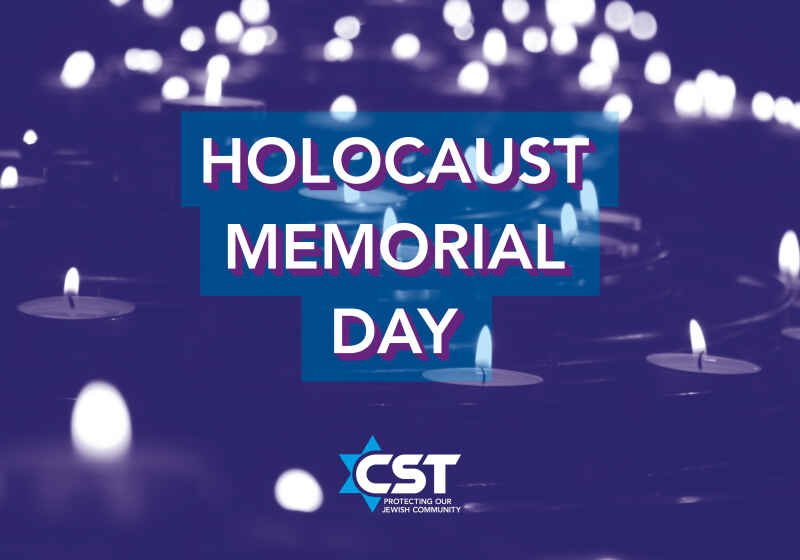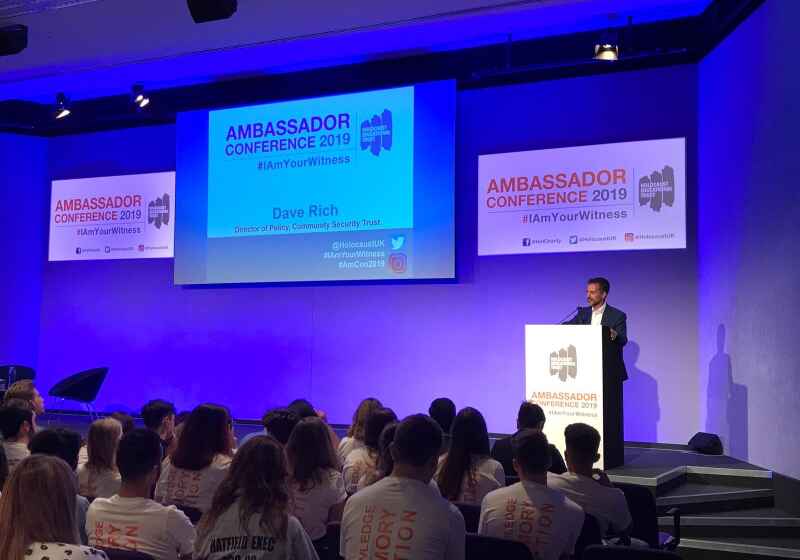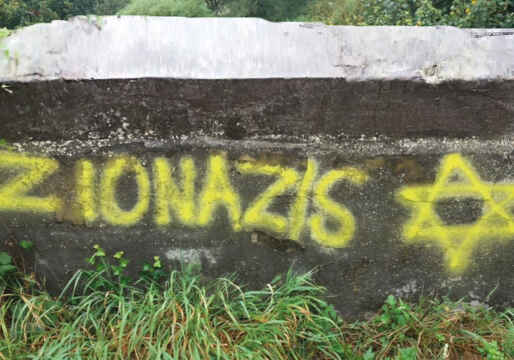CST Blog
Elie Wiesel Z”L
4 July 2016
CST is deeply saddened by the news that Holocaust survivor, professor, political activist and Nobel Laureate Elie Wiesel has died.
“If I survived, it must be for some reason. I must do something with my life. It is too serious to play games with anymore, because in my place, someone else could have been saved. And so I speak for that person. On the other hand, I know I cannot.”
Wiesel was born in Transylvania, now part of Romania, and at the age of 15 the Nazis occupied the country, casting a dark shadow on the large Jewish population residing there. Elie was deported to Auschwitz concentration camp in Poland, where 90% of the Romanian Jewish population was murdered upon arrival. Wiesel’s younger sister and mother were both killed at the camp, and Wiesel and his father were further deported to Buchenwald in Germany, where his father was murdered just weeks before the camp was liberated by the US Third Army in April 1945.
After liberation, Elie Wiesel went onto study in Paris and became a journalist, although he refused to write about his own personal experience of the Holocaust. However, close friend and French journalist François Mauriac persuaded Wiesel to write about his experiences during the War, and La Nuit, ‘Night’, was published in 1955. The famous work, part of trilogy including Dawn and Day, chronicles Wiesel’s and his father’s time at Auschwitz and Buchenwald, and is notable for depicting the death of G-d and his personal fury with humanity. Wiesel subsequently moved to New York and went onto author 57 books, making him one of the key survivors to testify to the atrocities of the Holocaust.
“The only role I sought was that of witness. I believed that having survived by chance, I was duty-bound to give meaning to my survival, to justify each moment of my life.”
Wiesel, along with his wife Marion, a Holocaust survivor from Austria, established the Elie Wiesel Foundation for Humanity in 1986, and directed the formation of the United States Holocaust Memorial Centre in Washington D.C. Wiesel also won many awards for his work speaking out against racism and violence and his work in promoting human dignity, including the Nobel Peace Prize in 1986 and the Congressional Gold Medal in 1985.
Elie Wiesel taught us about the Holocaust and about facing injustice. Wiesel dedicated his life to humanity and voiced support for those facing genocide across the globe, including those persecuted in Cambodia and Rwanda. Elie Wiesel remains a light among the nations. We pray his memory, and the important lessons he left us with, are not forgotten.
Never shall I forget that night, the first night in camp, that turned my life into one long night seven times sealed.
Never shall I forget that smoke.
Never shall I forget the small faces of the children whose bodies I saw transformed into smoke under a silent sky.
Never shall I forget those flames that consumed my faith for ever.
Never shall I forget the nocturnal silence that deprived me for all eternity of the desire to live.
Never shall I forget those moments that murdered my G-d and my soul and turned my dreams to ashes.
Never shall I forget those things, even were I condemned to live
as long as G-d Himself.Elie Wiesel, Never Shall I Forget


